Guest Blog: Commercial Automotive Photographer Tim Wallace
I’m probably going to be a little controversial here…
A lot by people ask me about camera equipment and settings, Photoshop editing, and all manner of “technical stuff.” I also get asked a lot about my top advice for taking better pictures, and the answer isn’t a plug-in or a shiny new camera. I find it funny that when somebody outside our trade asks about a great picture they’ve seen, that as photographers, we often answer that the camera is just a “tool,” and no camera can make you take better pictures. When I see photographers discussing images online, however, people often bang on about what settings, model of camera, lens, and f-stop were used, and chewing on about if they’d used this or that, and why don’t they use this or that.
My thoughts on this are simple, and after recently reading one such exchange, I wanted to write something here on what I personally think.
My best advice if you want to shoot better pictures is simple: shoot more; shoot, shoot, shoot; and then shoot some more. Like most skills in life, especially the creative-natured ones, some people have a natural leaning toward something and some don’t. Regardless of this, photography can and is sometimes quite technical. Over the years, it’s become even more technical with lots of new cameras, lighting, and digital editing options open to us. This is all great, but I wonder if we sometimes allow ourselves to get so overwhelmed by the technical aspects that it detracts from how and what we’re actually shooting. People just starting in photography can often get put off by all the “stuff” that they feel that they need to learn. Just choosing a camera system these days can be a nightmare, especially if you put something on social media about it: “Oh, that was a mistake; you should have bought this one or that one.”
So many people these days seem a little obsessed with the latest shiny thing, and they forget that photography comes from the heart. It’s a creative act, and no matter what shiny thing you use, the best image will always come from your heart and not what you’re holding in your hand.
It’s a bit like riding a bike. You can watch endless YouTube videos and read books about it, but if you’ve never actually been on a bike, then guess what will happen when you actually do get on one. Then when you decide it’s time to buy your first bike, you love the look of the new shiny red one, and all your friends tell you the red one is the one you need. So you save your hard-earned money and go off to the store to buy it, but when you arrive, they have a shiny new blue bike that’s apparently faster and does more stuff. An utter nightmare! What do you do?
It takes on average of 10,000 hours to start to master a skillset so that it becomes second nature. This is pretty important in photography because by being able to shoot and work through the technical stuff in second-nature mode, you can place your attention on what you’re shooting, how you want to shoot it, and why you want to shoot it. You become more creative. I often tell people in seminars that one of the best things they can do when they start shooting is to tape up the back screen on their cameras so that they can’t see what they’ve shot. This often raises a few pulses, but many of us started on film, and we couldn’t check the image instantly on the back of our cameras. We had to think about what we were doing, and by not seeing the images as we captured them, we were more focused on what was going on through the viewfinder.
There’s no point in learning the complexities of how to make a watch if you haven’t bothered to learn how to tell the time.
Photography is a skill, it’s a craft, and I’m passionate about that. I often hear, “Hey, you must have a great camera to shoot images like that.” We’ve all heard that before, and it annoys us, but in a way perhaps we’ve helped to create this false importance around equipment and settings.
I don’t really believe that you need to check every frame you shoot “just in case its half a stop under” when you use a modern camera with a massive dynamic range and have editing tools that can pull a image out of a black hole. Back in the day, we did commercial shoots on transparency film, which did need to be spot on. And to be honest, lighting gear was pretty crappy back then, so it was tough waiting a whole day to hear from the lab that the color balance was all okay, but we all did it.
So what am I getting at? Embrace the technology, the new equipment, and all that goes with that, but don’t think that you need the latest thing all the time, because you don’t. What you really need is to get out there and shoot—build up that 10,000 hours of experience and knowledge so you instinctively know what works and what doesn’t. Concentrate on what’s happening through the viewfinder, and then decide how you’re going to put it all together. Connect…
When I start a shoot, I already know what I want to achieve, and I mostly have the finished image in my mind. Years ago, I struggled to get what was in my mind into the camera, but as the years went on, I found that I could do this better and better, and these days, I pretty much don’t even think about the technical stuff when I shoot. I just get on with it and focus on what’s happening in front of me. Don’t get me wrong. I’m not a great photographer and would never profess to be, but I’m happy with what I’m creating, and I can see myself improving as my experience grows.
I think that I started to shoot in “auto pilot” about two years ago, and I shoot a lot. It took me a good many years to get to that point. It possibly took me longer than most because I’m a bit thick. LOL
I love photography and I love our craft; it’s a profession that requires a lot of skill and practice. I really hope that the equipment doesn’t overtake that and that society will clearly see that a “photographer” and a “camera owner” are not the same thing.
Just my view, of course.
Tim Wallace
Check out Tim’s classes on automotive photography, post processing, lighting, and business at KelbyOne. You can see more of Tim’s work at AmbientLife.co.uk, and follow him on Instagram, Facebook, Twitter, LinkedIn, and Behance.

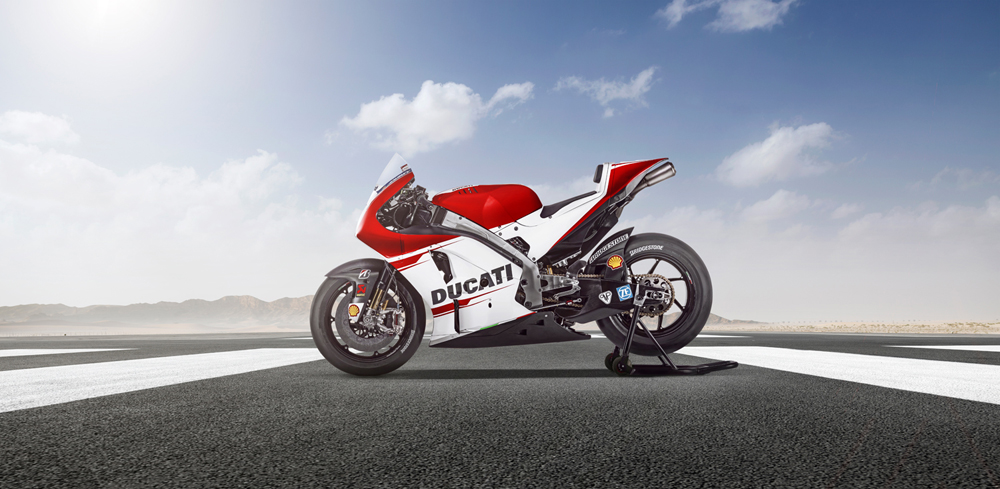
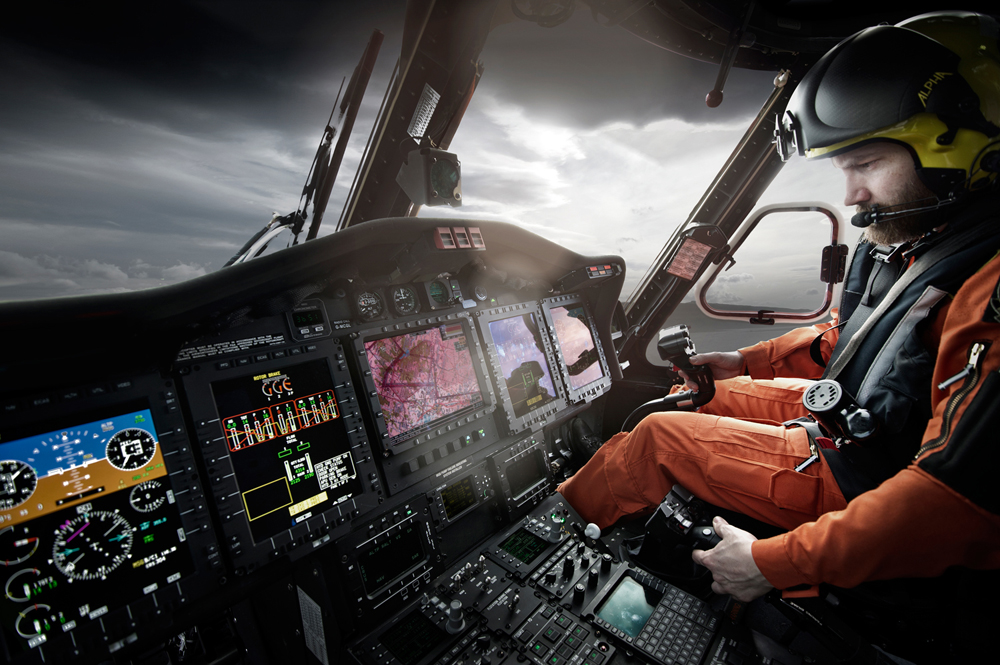
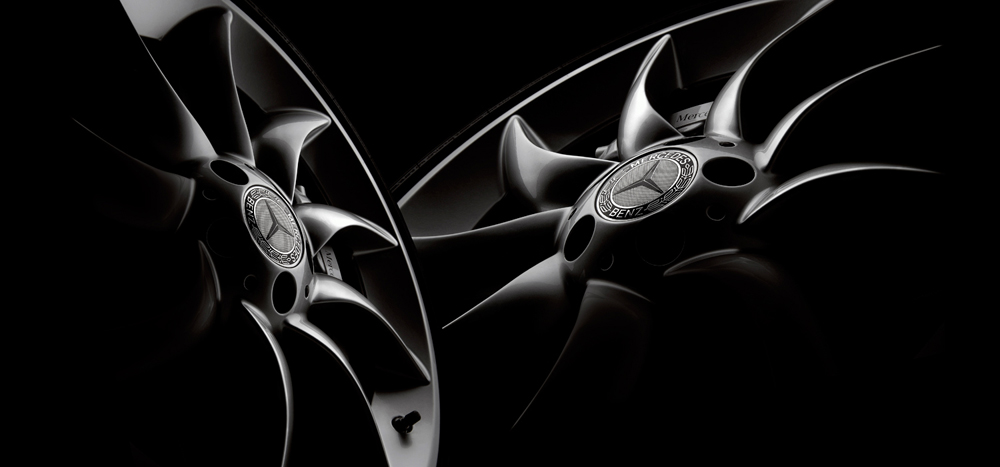


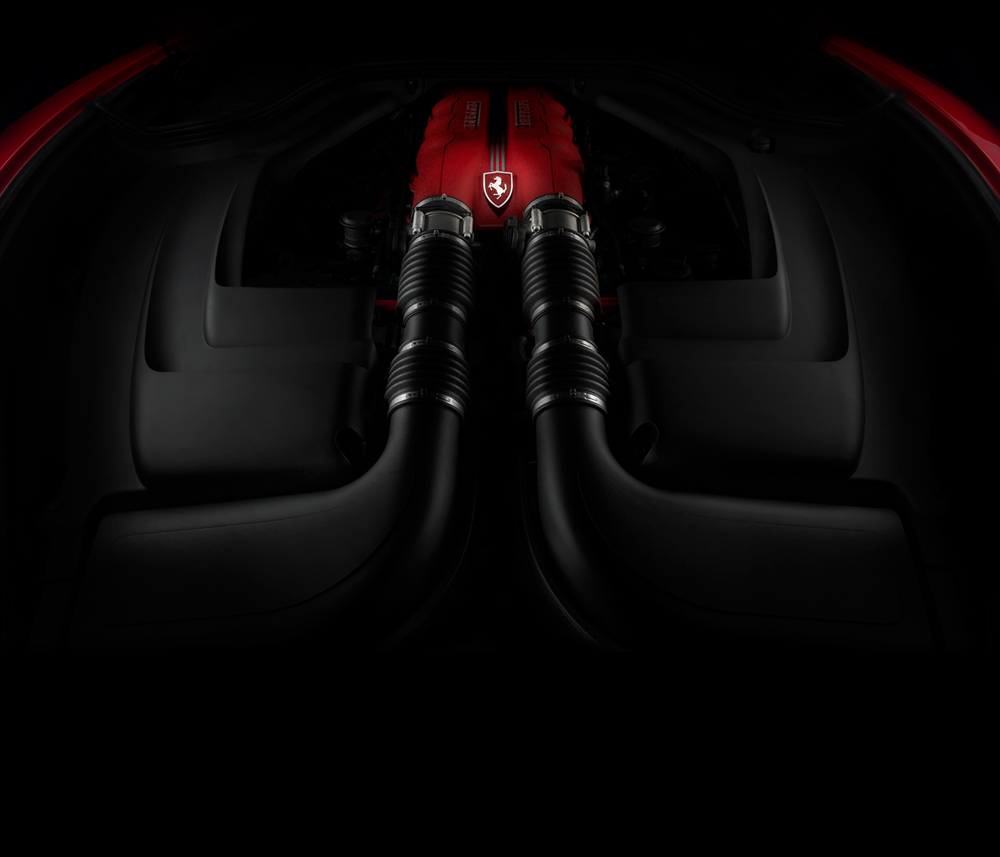
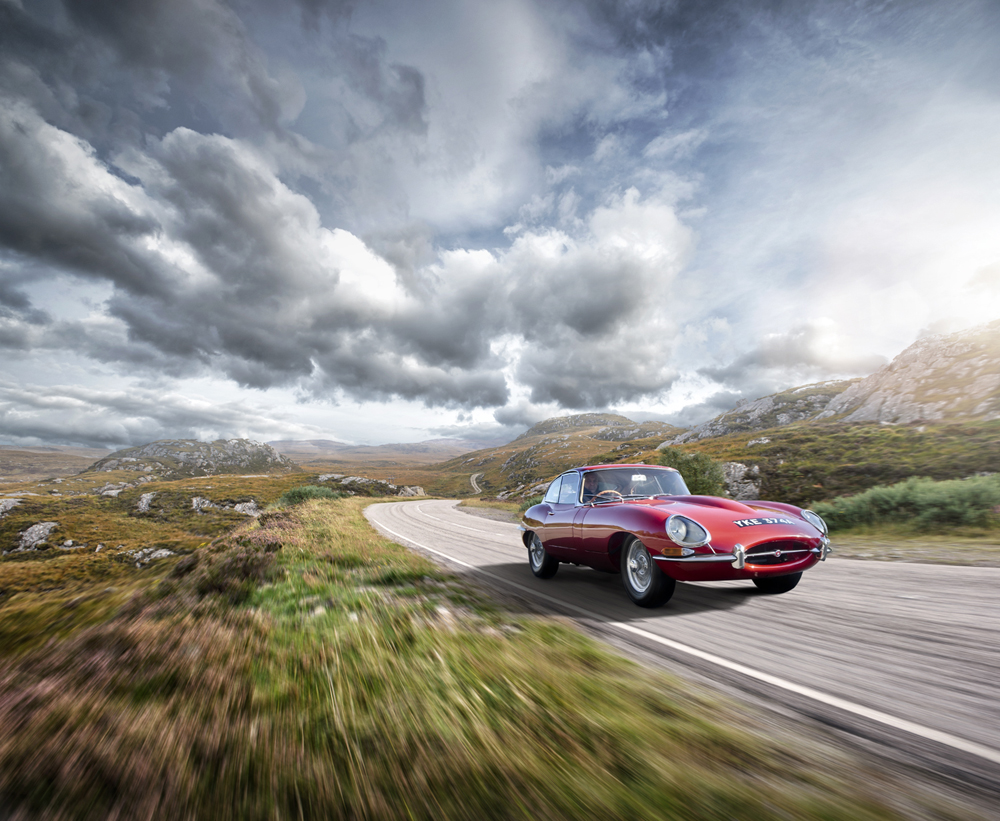
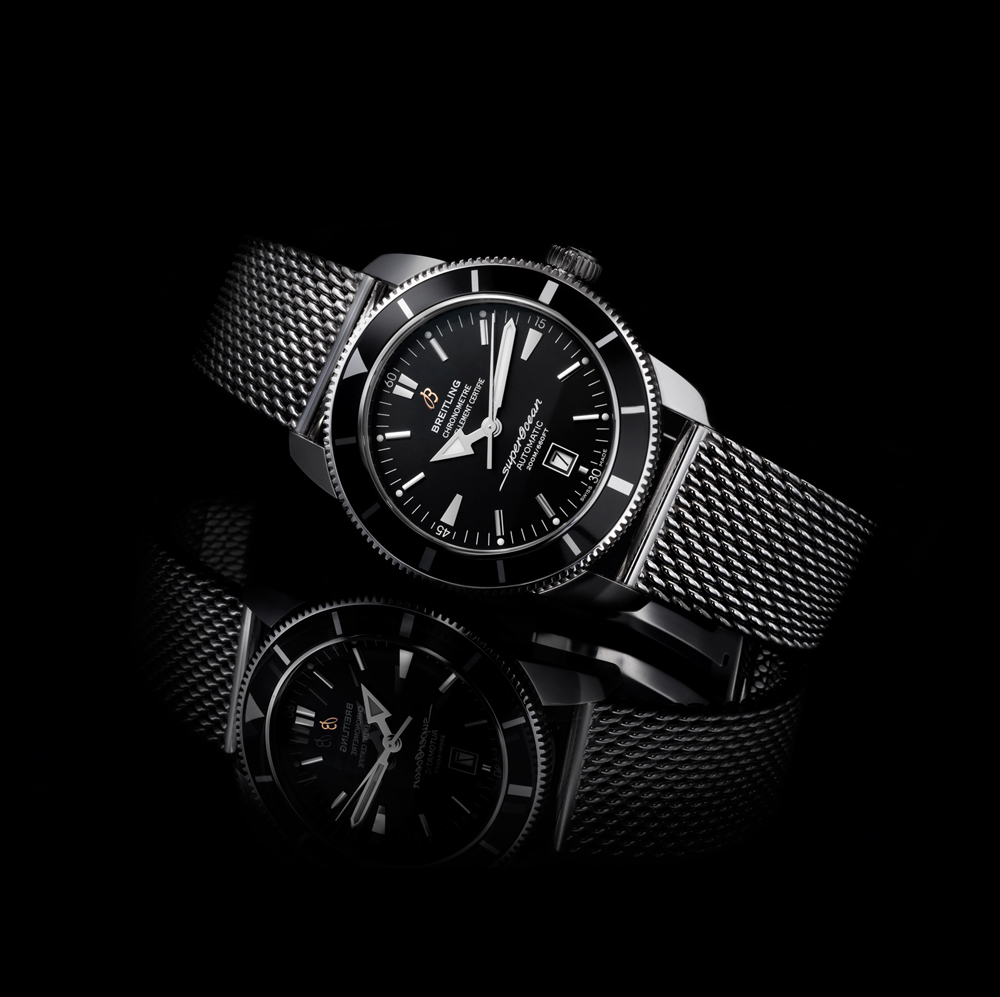
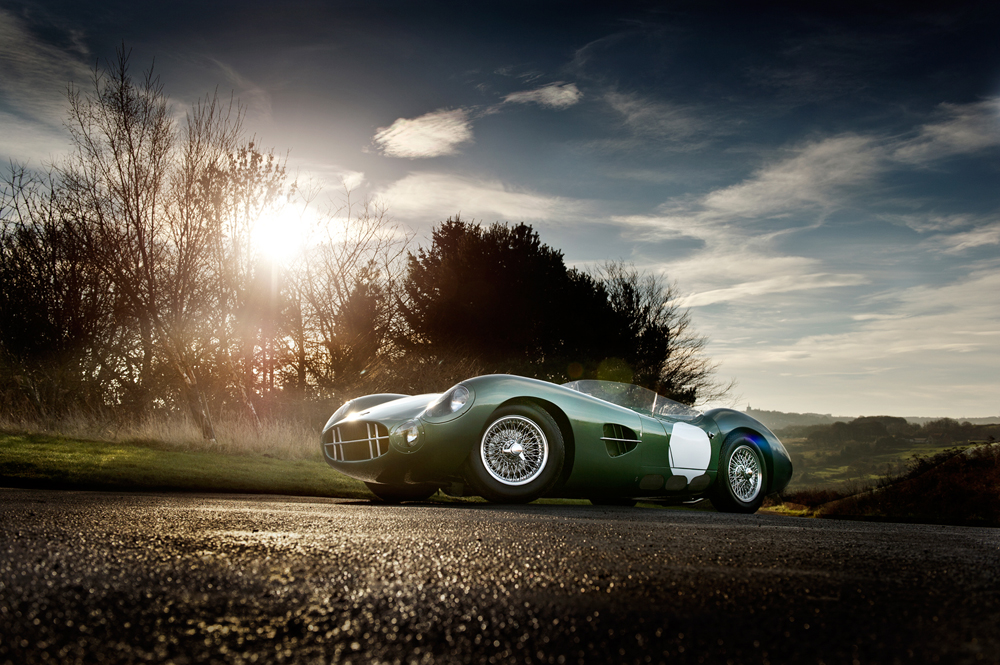
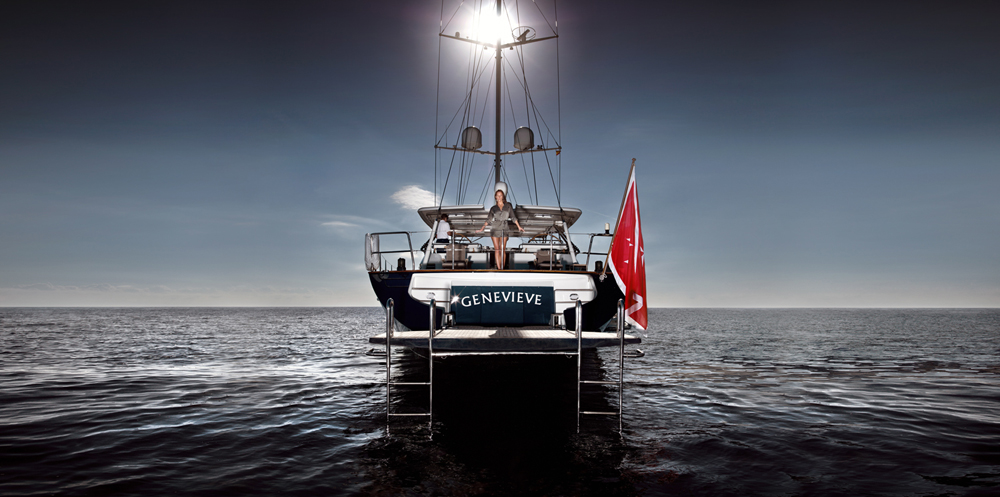
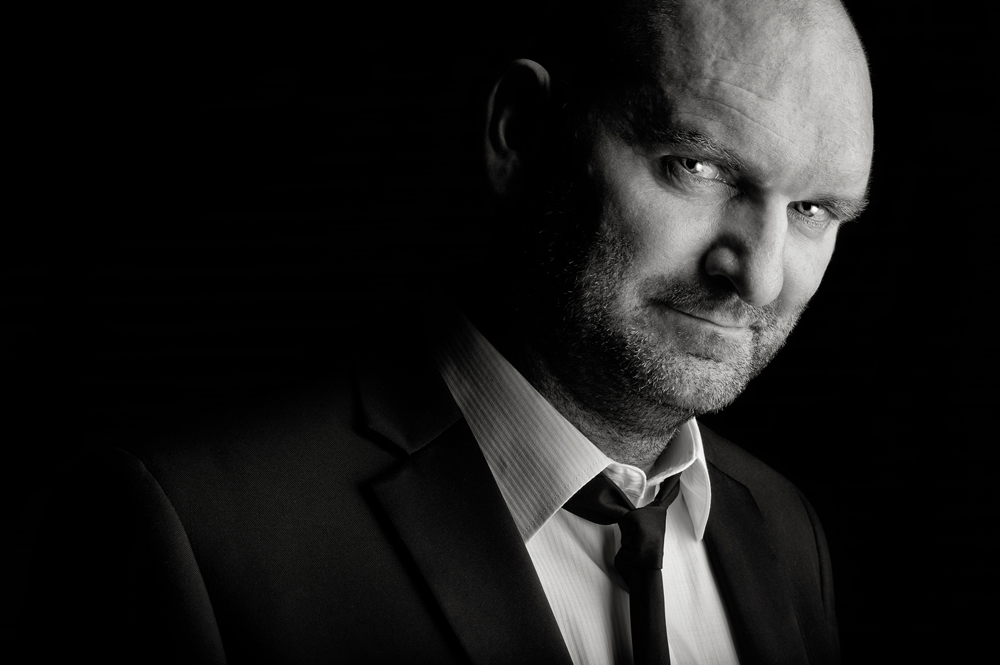
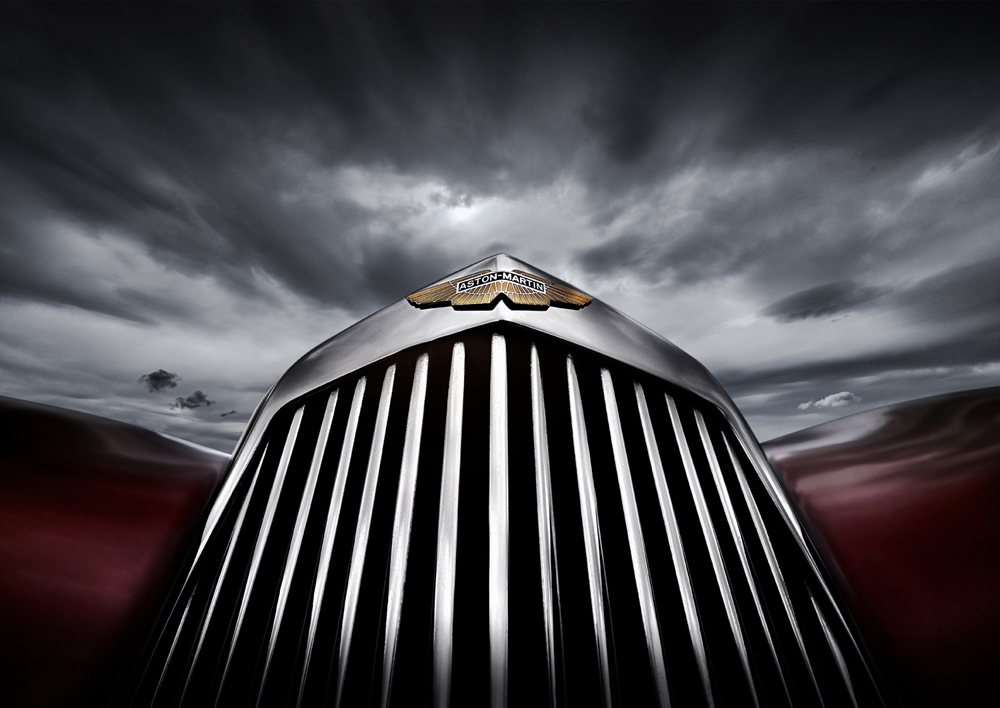
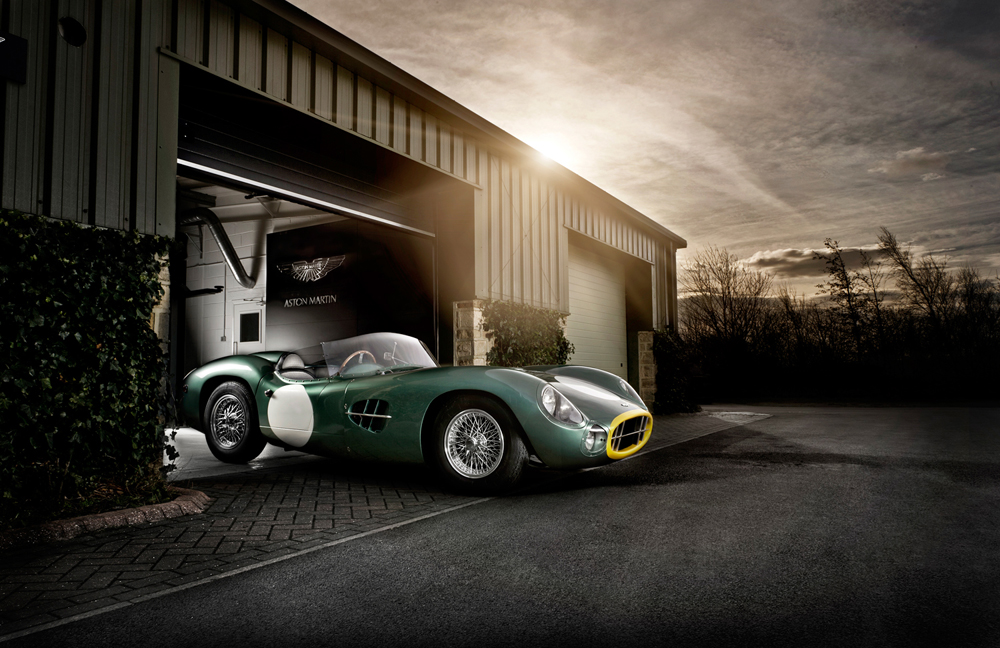
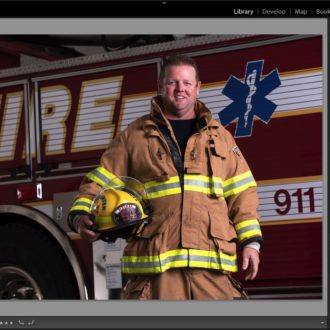

Great post. I like your interesting concept and writing. Thanks for sharing with us.
Well done, Tim. Thank you for sharing those thoughts and images with us.
When I’m photo-coaching, I will always remind my client or student that they need to get out there and shoot, shoot and then shoot some more. At sessions end, study the work and think about what they want to improve upon at the next session. Of course the gear we use helps alot – but it starts with the photographer that must develop instincts and skills at the core and apply those to the equipment at hand. We never stop learning or improving our craft!
I loved this article because it reinforces that it takes practice, practice, practice. However, you can downplay the gear that you need, but depending on what you are shooting, it can be very important. I mean – anyone can pick up a mobile phone of pocket sony and take photos. But with that in mind, knowing lightroom or snapseed/darkroom, etc, becomes important the same way that a darkroom was needed 20 years ago. I shoot sports and I have had to upgrade my camera from a 20D to a used 1Div and a 7d just for the shutter release speed. Huge difference. A fast focussing lens is a must. So thinking that you can get away with a Kit lens is just fooling yourself. Obviously you can take photo of someone standing on first or a soccer goalie, but people moving in different directions needs quicker AF. The other two issues are access to events and time. Access is easy for kids games, but then you need to get permission as they grow. As for time, let’s say you shoot 300 photo or maybe 3000 photos at an event. At that point you need to buy Photo Mechanic just to cull the shots. Then process them and then upload them to share. Then make sure that the sharing site has the proper permissions (ugh!), which takes more time. This list all sounds like grind, but if you have a passion, it won’t matter.